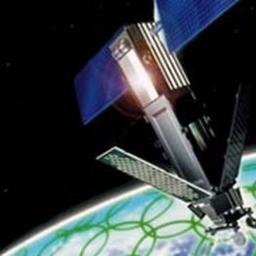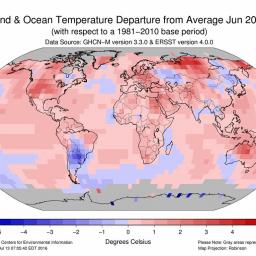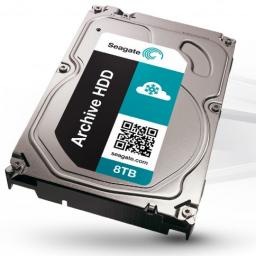Serious limitations In Samsung Galaxy Note 7 Iris Scanner
The iris scanner in the Samsung Galaxy Note 7 is a welcome step forward in device security, but according to Samsung it comes with a long list of caveats. The iris recognition system uses three lenses to capture the image signal, but iris scanner may not work if you wear glasses or contacts, use it in low light conditions, if you've had eye surgeries such as LASIK, LASEK, intraocular lens implants or if you've had iris scar treatment. The performance of the iris scanner may also be affected if the user has an eye disease that affects the irises. You also need to be able to position the phone "25 to 30 centimeters from your face" with your eyes in the on-screen circles so the front-facing scanner can register your iris, something that may be awkward to do in a moving vehicle or while walking.




